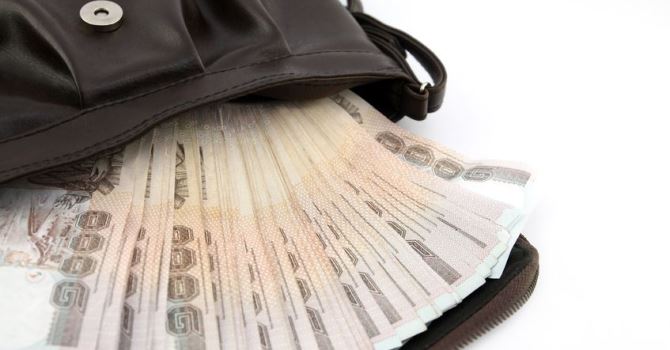
by Noriyuki Morimoto
Money can have more influence than its actual amount. A key practice of the HR department in traditional Japanese companies was to make small amounts meaningful. In other words, by devising various ways of payment based on expense items (e.g. allowances), timing (e.g. advance payment, belayed payment), method (e.g. directly handing cash), form (e.g. provision of environment, provision in kind, treasury stock), they could expect to generate an oversized or additional effect.
In hardboiled novels, when a detective pulls out information from someone like a bartender, he would often flicker bank notes while skillfully playing the phycology of his counterpart. This method would definitely not work with just the promise of paying. It is essential to show the cash for it to work. What moves people is not the amount, but the bank notes in front of them. This is a typical case in which money has a say.
In the past, there was the case of paying bonuses in cash. There was the idea that even when monthly salaries were paid via bank transfer, bonuses have to be handed in cash for them to bear meaning. Moreover, companies would gather all of their employees and hand the cash over to each person, in front of everyone. It is clear that this ceremony carried more meaning than the actual amount.
Apart from money, there was the case of apartments for government employees. They still exist, and are probably called civil servant housing nowadays. The apartments are quite stately, and moreover, despite being in a good location, the rent is inexplicably cheap: it was a very advantageous in-kind benefit. This was possibly due to the special nature of the bureaucratic career, where workers could be relocated to anywhere in the country at short intervals, and also circumstances of housing in the past. But it seems that an even stronger aspect was to symbolize the prestigious position of bureaucrats.
For bureaucrats working in Hokkaido, cold weather allowances were provided. I do not know whether it still exists. This allowance was intended to compensate for increased heating expenses, but it seems to have represented a feeling of consolation for hard circumstances. Speaking of comfort, there might be the same aspect in severance pay.
In modern enterprises in the global economy, will money not say things as well? Maybe we should give money a say.

Chief Executive Officer, HC Asset Management Co.,Ltd. Noriyuki Morimoto founded HC Asset Management in November 2002. As a pioneer investment consultant in Japan, he established the investment consulting business of Watson Wyatt K.K. (now Willis Towers Watson) in 1990.

